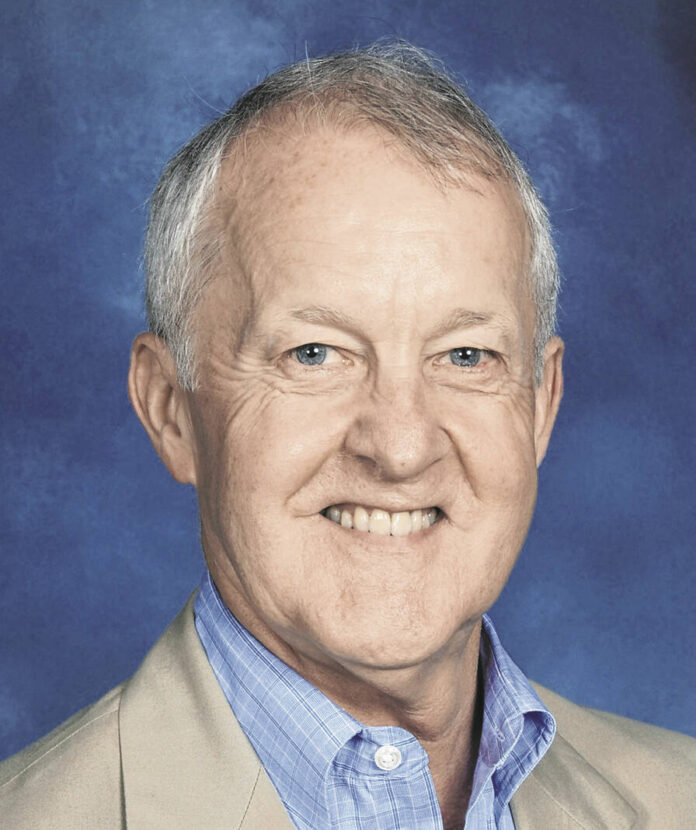Researchers in Melbourne, Australia recently announced a dish of human brain cells has learned to play the 1970s video game Pong.
In the journal Neuron Dr. Brett Kagan of Cortical Labs in Melbourne, Australia, explained how researchers grew approximately 800,000 brain cells from stem cells and mouse embryos. They then connected the “mini-brain” to the game via electrodes. The electrodes showed which side the ball was on and how far it was from the paddle. The cells produced electrical energy which calibrated where the ball was and when it might approach a paddle. According to BBC News, the mini-brain learned to play Pong in five minutes.
Ah, Science. What do you have up your lab coat sleeves next? Will the mini-brain be spending hours in the basement playing Grand Theft Auto? Will it adapt to social media and start sending out mean tweets on Twitter? Will it have its own blog?
But as fascinating and thought-provoking as this latest marvel of science news is, it was the mention of Pong that got my attention and took my particular brain cells back.
It is 1975 and I am at the Patio in Broad Ripple on a break during one of my new band’s first gigs. The Patio is like a lot of 1970s bars—dark, smoke-filled (lots of cigarette smokers back then) and crowded with young playas trying to find someone to love or at least dance with. When the owner hired us he asked if we could play the Stephen Still hit “Love The One You’re With.” We learn it, of course. Such a song for the times.
In the corner sits a low table with a video screen as the tabletop. Two gamers are twisting knobs, which manipulates their white video paddles in what appears to be an electronic contest of ping pong. The players’ faces are illuminated from the blue-white light from the video screen. They are intensely focused on the angle of the ball as it skirts across the video field. People are standing around waiting for a turn. I realize I am seeing the future.
The researchers at Cortical Labs also are looking to the future. Dr. Kagan believes the research will lead to development of better drug discoveries as well as treatments for neurodegenerative diseases such as Alzheimer’s. He also thinks it can be used to better understand how intelligence arises.
Just what is really going on as the mini-brain plays Pong has caused much speculation. Dr. Kagan describes the lab-grown cells as “sentient” which the dictionary defines as “able to perceive or feel things.” Kagan says, “(The dish of cells) is able to take in information from an external source, process it and then respond to it in real time.” But others believe that perhaps that is going too far.
Dr. Dean Burnett of Cardiff Psychology School, for one, prefers the term “thinking system.” He says, “Information is being passed around and clearly used, causing changes, so the stimulus they are receiving is being ‘thought about’ in a basic way.” The dispute seems to be what we mean when we say something “feels” things. Dr. Kagan says this touches on what it means to be alive.
If you would have asked five minutes ago, I would have said Pong was just a relic of the 1970s, or a precursor to today’s video-infused world. I would not have guessed the game would play such an integral part in speculation as to what it means to be a human.
Norman Knight, a retired Clark-Pleasant Middle School teacher, writes this weekly column for the Daily Journal. Send comments to [email protected].





